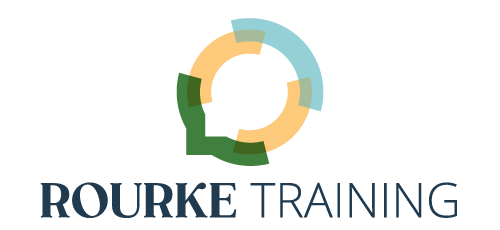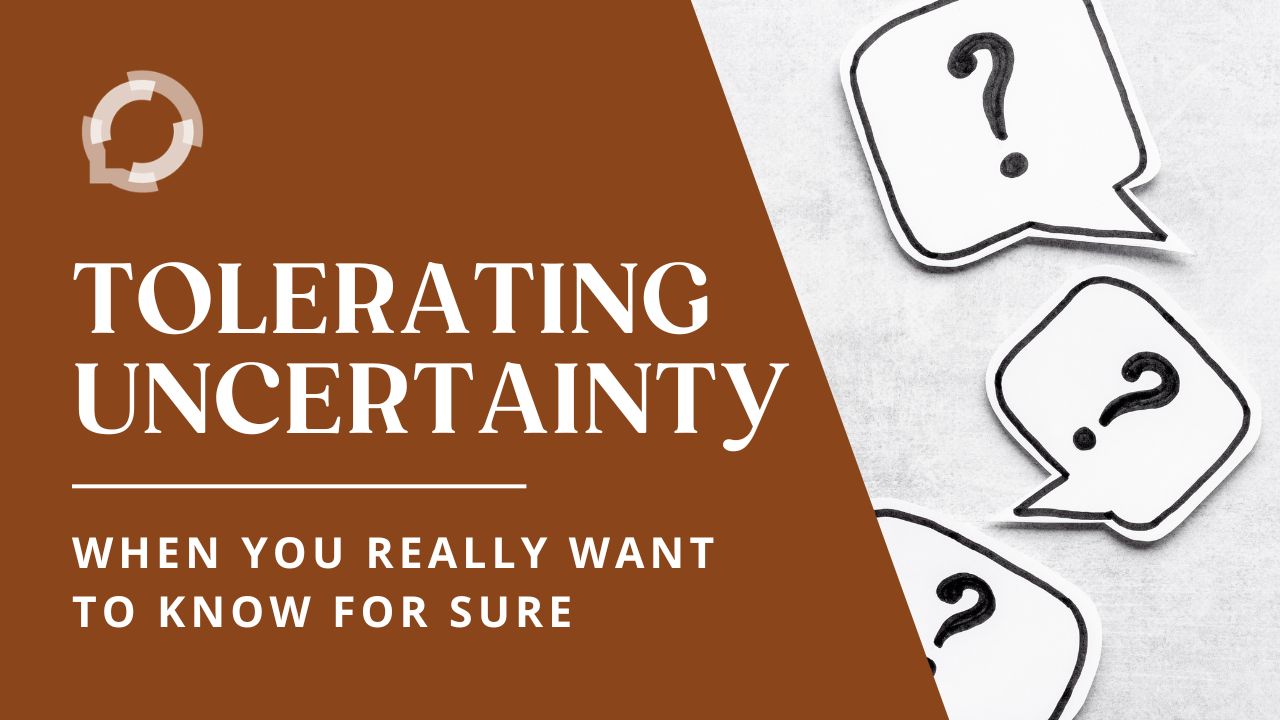Are you a planner or a pantser?
The phrase comes from the world of professional writing, to describe how authors do what they do. I find that it’s also a useful term for a range of professional areas with a built-in measure of uncertainty, public speaking in particular and performance of all kinds. You don’t have to be perfect for your audience, but they don’t want you to be miserable, either.
Some authors plot out every detail before they set pen to paper or fingertips to keyboard, and others, well, fly by the seat of their pants. A shout out and many thanks to my friend, author MJ Blehart, a former stalwart pantser who’s come to embrace the power of “and,” for introducing me to this term a few years ago.
In her essay “That Crafty Feeling,” author Zadie Smith describes her understanding of this pair of writerly responses to uncertainty. She sees writers as being either a Macro Planner or a Micro Manager. The former has the complete structure in place and can focus on shifting details within the plot to see what achieves the best effect. The latter can only go one detail at a time, which is then fixed in place. Smith puts herself in that second category.
As for me, I’m a planner in my heart. I love tidy organization, complete with a rainbow of colored sticky notes and far too many open browser tabs. The heart doesn’t always get what it wants, though, and I’m a pantser more often than I ever would have expected.
I teach the Smith essay in my first year writing class, part of the last assignment of the semester. Students have to articulate how they see themselves as writers, both now and in the future. My current wording for the assignment sometimes produces a great deal of student uncertainty, which can lead to flat, over-generalized writing.
I’m tinkering with it. Besides updating the language of the assignment itself, I’m looking for ways to strengthen links to earlier material in the course. Tuning in to a favorite radio show showed me one way to reframe this assignment.
Definitely Embracing Uncertainty
WBUR’s program On Point recently aired a conversation with Maggie M. Jackson, journalist and author of the new book Uncertain: The Wisdom and Wonder of Being Unsure (2023). Her argument is that because uncertainty produces higher levels of brain activity, called aroused wakefulness, being unsure leads to a positive and productive state of mind.
To be very clear, Jackson is not taking a Pollyanna-esque view of all experiences of uncertainty nor is she saying that uncertainty is an unqualified good. No one should be in circumstances of “grave precarity” – situations where access to basic human needs is not stable. But, she says, even extremely difficult conditions can foster resilience, a quality that’s useful in many areas of life.
Jackson outlines the two primary types of uncertainty: aleatoric uncertainty, which is the limit of what we can know at all, and epistemic uncertainty, which is the limit of what an individual happens to know. Jackson’s book is about the second type, the uncertainty of not being 100% sure of what’s going to happen next, but having some amount of information to go on. That information might be based on personal experience, empirical data, or other forms of knowledge, but at some point, you just can’t definitely anticipate anything more until you’re right in the moment of the experience.
How Does This Idea Help?
This is where I think reframing my assignment will lead to better essays.
Many of my students want detailed grading rubrics; they want to know exactly what to do to achieve their desired grade. When they have a question, they want one specific answer. Often, they want me to just tell them what to do. I understand where this comes from. Their high school classes trained them how to write to the teacher’s rubric, a skill that has served them well.
Unfortunately, a great deal of writing at the college level, and beyond that into professional disciples, isn’t quite like that. Writers make choices, which in turn opens additional choices while closing others. There’s rarely a single, unified, and highly restricted way to achieve a particular writing goal. Even fields that do work from industry-standard templates, such as scientific writing, have variations due to individual writers’ voice and perspective.
The more comfortable my students can be with speculating about their future writing based on their experiences so far, the more interesting and engaging their work will be. I’m not asking them to read the future and then carve it in stone. I’m asking them to hold open space for discovery and creativity. Writing is a tool for exploring their world, whatever it turns out to be.
Tips for getting used to uncertainty
Knowledge is power, so not knowing feels powerless. It doesn’t have to be, though. You can get better at being comfortable with uncertainty.
Towards the close of the On Point conversation, program host Meghna Chakrabarti asks Jackson for advice on building up your tolerance for uncertainty. Jackson suggests taking distinct breaks from smart phones, the Internet, and other forms of tech that reinforce the user’s sense of complete certainty. The way search algorithms work as well as software design that reduces choices to a set of pre-defined options contribute to an increased sense of surety and thus produce a feedback loop of wanting that same level of certainty more often.
Jackson also shares an idea for increasing tolerance for uncertainty that she admits she was initially dismissive about. Deliberately trying new things, even at the small level of ordering a menu item you haven’t had at a restaurant before, works on two levels. Most immediately, you’re teaching your brain that uncertainty isn’t in lock-step with disaster, that uncertainty can lead to various outcomes.
Additionally, small efforts like this lead to surprise, delight, even joy, emotions which positively reinforce your ability to remain in an uncertain state.
The American Psychological Association has additional resources for building up resilience in the face of the unknown. Their 10 tips for dealing with the stress that comes with uncertainty are particularly for people who are experiencing stress at levels that interfere with daily living. A few of their suggestions, however, apply more broadly: reflecting on past success, learning new skills, and seeking support from those you trust are all useful techniques for bolstering confidence when you’re not sure of the next step.
How About You?
How high is your tolerance of uncertainty? Do you plan far in advance or do you wing it? Do you switch between being a planner and a pantser depending on the task? Or were you formerly one of these, but have become the other? What techniques do you use to reduce anxiety and stay calm in the face of the unknown? Do you turn to physical actions like exercise, yoga, or making art? Do you call on your network of connections to draw on their collective insight?
Tell us about it in the comments.
Check Out Our YouTube Channel
The Rourke Training – Ongoing Mastery YouTube channel has a bit of something for everyone. Go there to get Kirsten’s take on examples of public speaking, as well as reflections on her entrepreneurial journey. The channel is also the home of the podcast Kirsten and Kellie produced for 5 years, Ongoing Mastery: Presenting & Speaking, which covers everything connected to continually improving your craft of being a public speaker, from interviews and mini-coaching sessions with guests to conversations between Kirsten and Kellie.
Come join us. Cheers, Kellie


